Today's toppers were yesterday's aspirants. They don't do different things. They just do the right things differently. Toppers’ Corner is your place to discover the SUCCESS MANTRAS of the toppers. Explore their stories, strategies, analyze their copies, see how they achieved top scores, their profile, and more!

P K SIDHARTH
AIR-4 | 2023
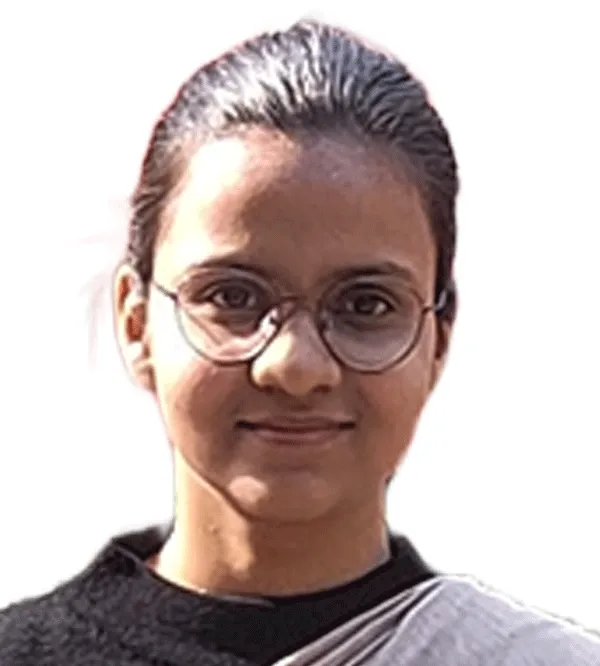
NAUSHEEN
AIR-9 | 2023
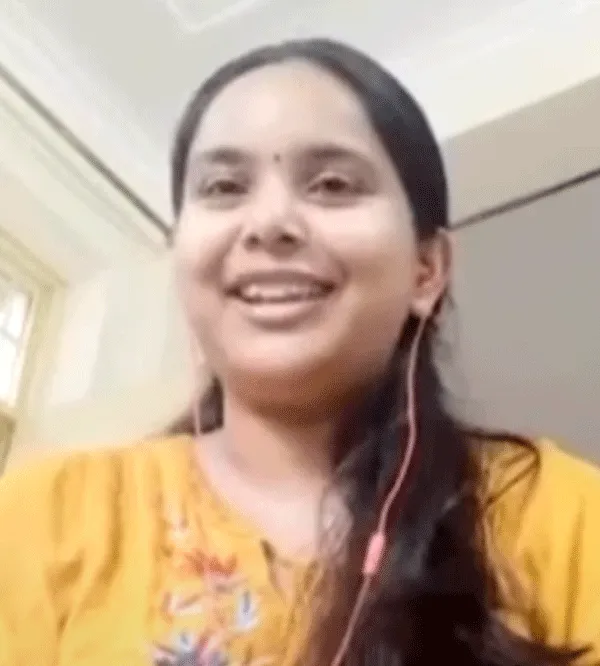
MEDHA ANAND
AIR-13 | 2023
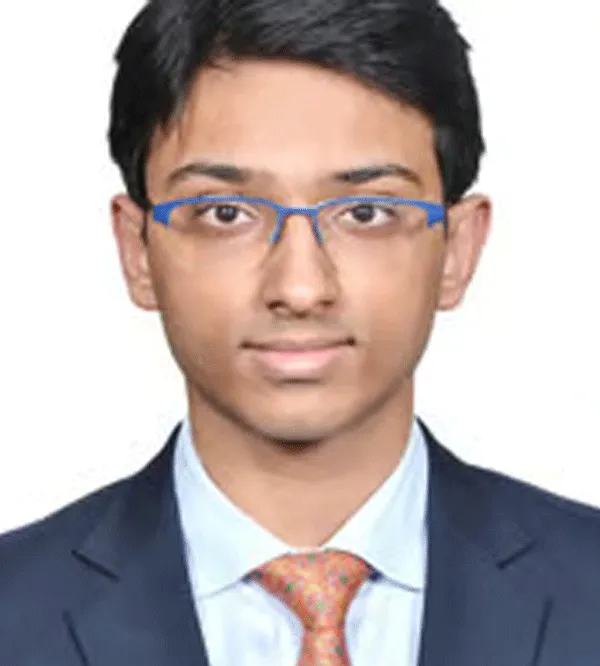
AYAN JAIN
AIR-16 | 2023
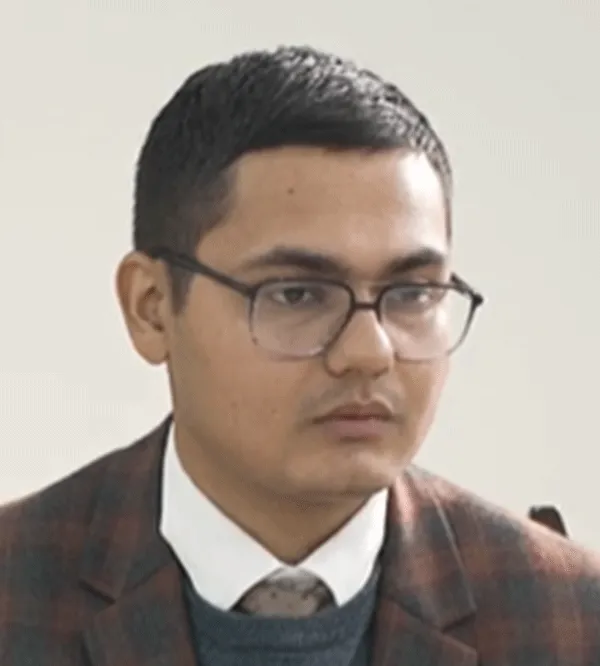
ANSHUL BHATT
AIR-22 | 2023

SAURABH SHARMA
AIR-23 | 2023

ISHITA KISHORE
AIR-1 | 2022
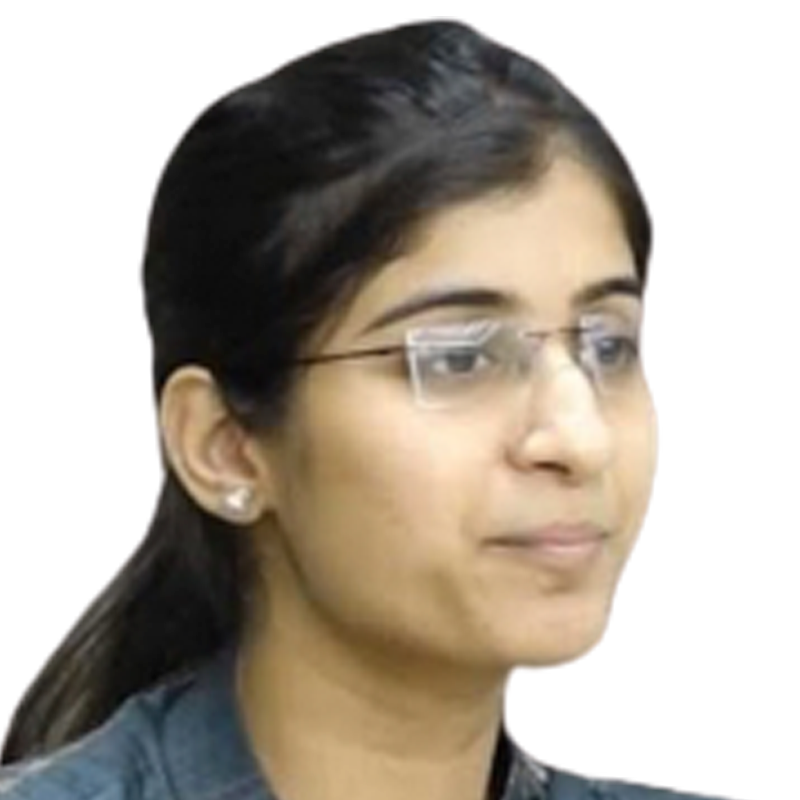
GARIMA LOHIA
AIR-2 | 2022
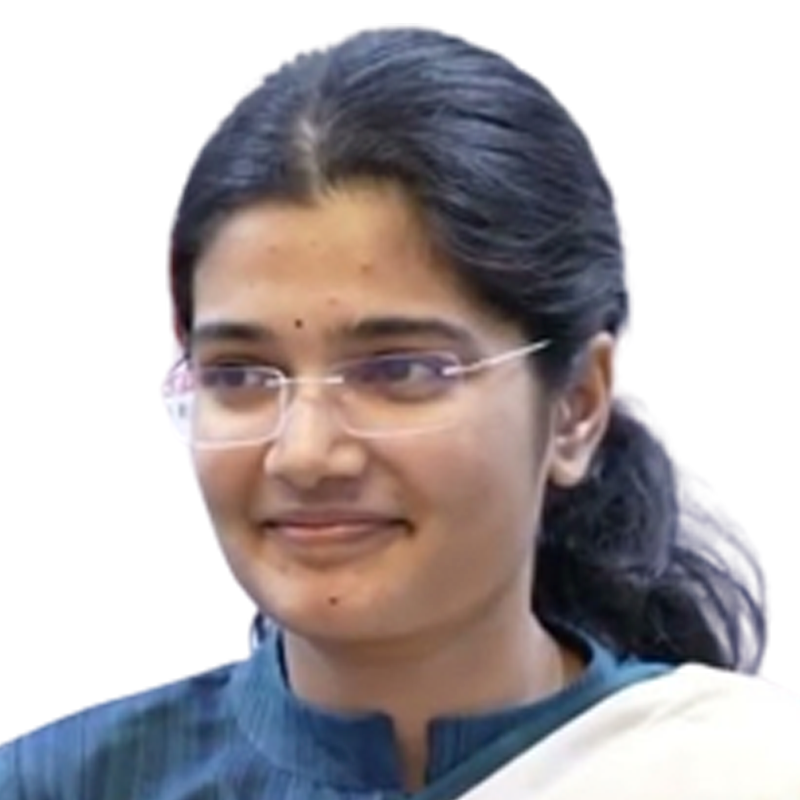
UMA HARATHI N
AIR-3 | 2022
Why, What, How of Optional Public Administration by Khushhali Solanki AIR-61 UPSC CSE 2023
Khushhali Solanki, who secured All India Rank 61 in the UPSC CSC 2023, chose Public Administration as her optional subject and saw a marked improvement in her scores from 252 in 2022 to 274 in 2023. Here, she explains her choice of Public Administration, its challenges, and strategies for success in this subject.
Reasons for Choosing Public Administration:
Khushhali was influenced by an analytical video that detailed the performance metrics of Public Administration as an optional subject, including candidate success rates and scoring trends. The potential for high scores and the subject's alignment with her interests due to its significant overlap with the GS papers, particularly in Ethics and Governance, solidified her choice.
Challenges with Public Administration:
One of the main challenges Khushhali noted was the complex language used in the questions, which requires a deep understanding and ability to decipher the demands of the questions. She emphasizes the importance of practice with previous years' questions (PYQs) to become adept at understanding and answering questions effectively.
Strategy for Public Administration:
- Understanding the Subject: Khushhali started by watching educational videos to gain insights into the success rates and scoring trends of the subject, which helped her assess its viability as an optional choice.
- Study Materials: Initially, Khushhali did not use IGNOU materials but later realized their value for covering basics in simple language. She also referenced standard books by authors like Mohit Bhattacharya and Prasad & Prasad for deeper insights and to get accustomed to the complex language typical in Public Administration exams.
- Wide Exposure: She didn’t restrict herself to one source or mentor; instead, she learned from multiple instructors, gaining a broad perspective and diverse insights into the subject. This approach helped her to consolidate her notes and integrate various teaching points effectively.
- Question Papers Analysis: Regular analysis of PYQs helped her understand the types of questions asked and identify the areas that needed more focus. This practice also helped in predicting potential questions and framing her studies accordingly.
- Test Series and Peer Discussions: Participating in various test series and discussing strategies with peers played a significant role in her preparation. These discussions not only clarified doubts but also introduced new viewpoints and answer-writing techniques.
- Daily Practice: Consistent daily practice was crucial. Khushhali suggests incorporating daily answer-writing practice into one’s routine to improve answer structure, content, and presentation.
- Answer Structure: A strong opening paragraph that contextualizes the answer, followed by direct responses to the question, and a forward-looking conclusion that suggests improvements or broader implications.
Khushhali's approach to Public Administration involved a blend of systematic study, continuous practice, and strategic review of past papers. This comprehensive strategy not only enhanced her understanding but also her ability to effectively articulate her knowledge in the UPSC examination.
































